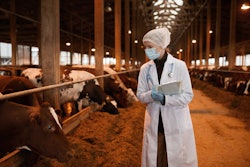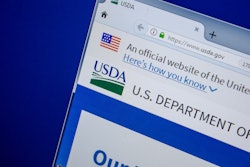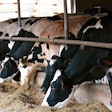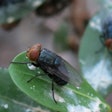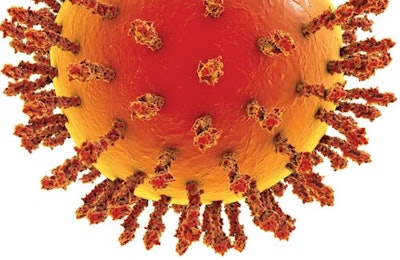
A Michigan farmworker who had regular contact with livestock has been infected with the influenza A (H5) virus, the Michigan Department of Health and Human Services (MDHHS) announced on May 22.
MDHHS did not specifically identify this as a case of H5N1, but the agency did note that this virus has been associated with the ongoing multistate outbreak of the H5N1 virus that has struck numerous commercial poultry flocks and commercial dairies.
The agency did not provide details regarding the location of the farm, citing the desire to protect farm and farmworker privacy.
So far in 2024, Michigan has had seven commercial poultry flocks, one backyard flock and 15 commercial dairy operations affected by the H5N1 virus, according to information from the United States Department of Agriculture (USDA) Animal and Plant Health Inspection Service (APHIS).
However, this is the first human case related to the H5N1 outbreak to be confirmed.
“Michigan has led a swift public health response, and we have been tracking this situation closely since influenza A (H5N1) was detected in poultry and dairy herds in Michigan. Farmworkers who have been exposed to impacted animals have been asked to report even mild symptoms, and testing for the virus has been made available,” said Dr. Natasha Bagdasarian, chief medical executive for MDHHS. “The current health risk to the general public remains low. This virus is being closely monitored, and we have not seen signs of sustained human-to-human transmission at this point. This is exactly how public health is meant to work, in early detection and monitoring of new and emerging illnesses.”
MDHHS and local health departments continue to work closely with the Michigan Department of Agriculture and Rural Development (MDARD), farms and workers to conduct monitoring of the health of people exposed to ill animals.
“Since the first detection of influenza A (H5N1) in dairy cattle on March 29, Michigan has prioritized both the animal and human health aspects of this disease outbreak. Today’s news underscores the continued importance of limiting nonessential farm visits, including farm tours and field trips, as well as the use of personal protective equipment when working with livestock,” said MDARD Director Tim Boring.
Other human cases in the U.S.
This is the second human case of influenza A (H5) to be reported in the U.S. in 2024. On April 1, the Texas Department of State Health Services (DSHS) reported a person had become infected with the virus after having contact with dairy cattle presumed to be infected with H5N1.
The country’s first human case of H5N1 was confirmed in 2022, when a person who was involved with the depopulation of an affected commercial poultry flock in Colorado became infected.



